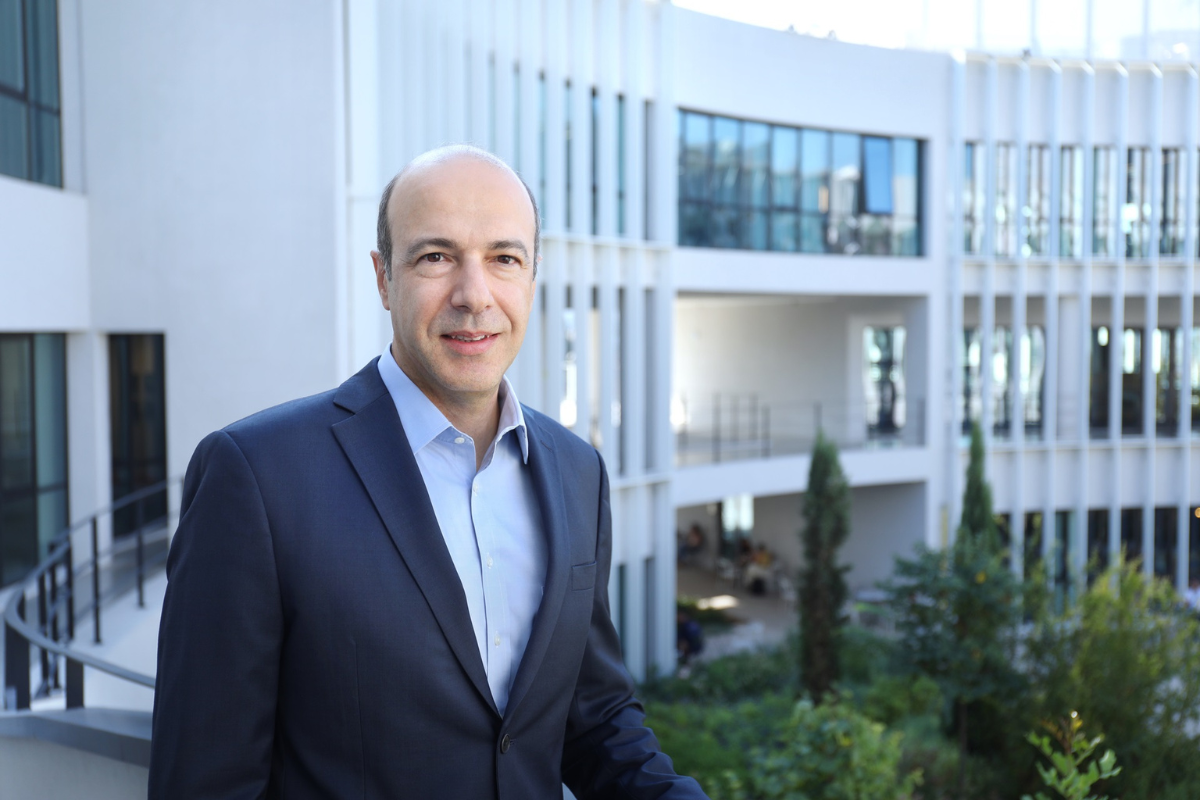Eastern Europe
Scratchcard lottery mania grips Bulgaria
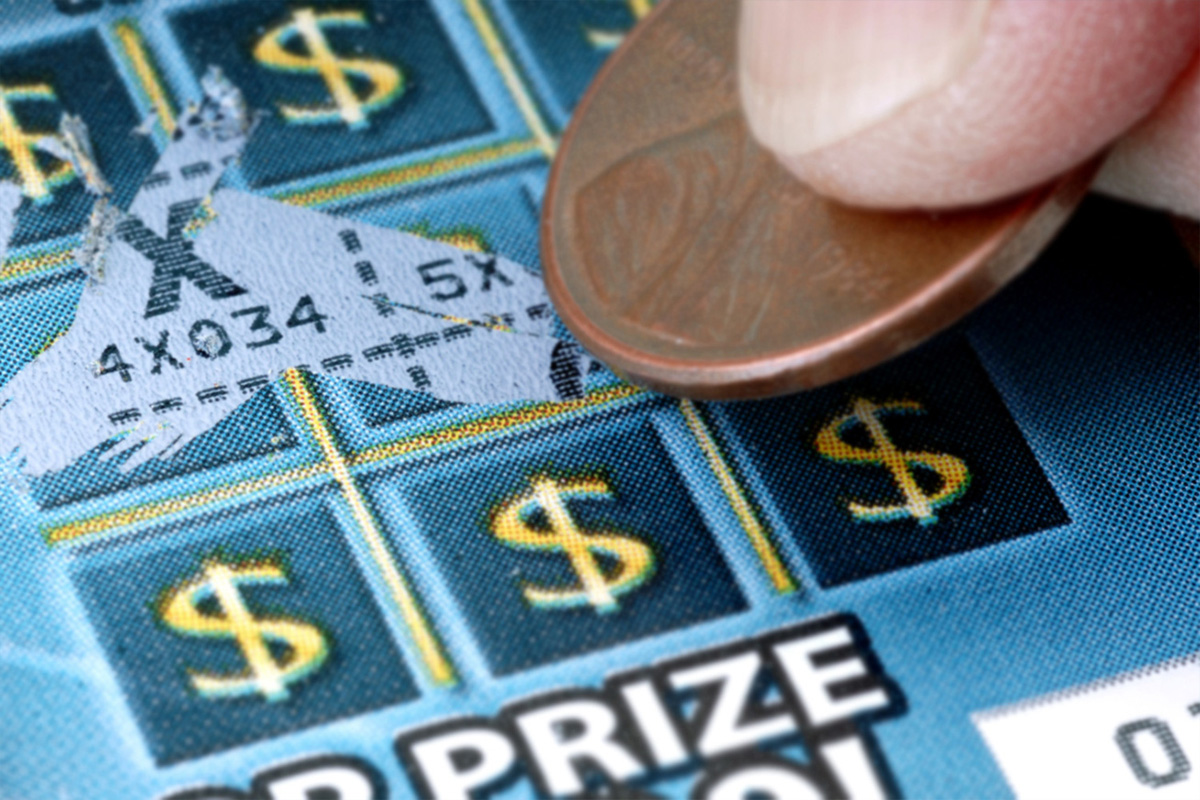
Armed with a coin, 96-year-old Stoyan Stoimenov from the small village of Tsurkva outside Sofia hunches over and tries his luck on yet another scratchcard.
“I tell myself: ‘I will win again.’ It’s not very likely but who knows,” he says, winking.
Stoimenov is just one of thousands of Bulgarians who have been gripped by a craze for scratchcards in recent years in the EU’s poorest member state, with some now raising the alarm over the dangers of widespread addiction.
In February, Stoimenov won 5,000 leva (2,500 euros, $3,000) — roughly 25 times his monthly pension — and distributed his prize among his children, grandchildren and great-grandchildren.
They thanked him by giving him more scratchcards for his 96th birthday on May 6.
In the small cafe where Stoimenov won his prize, the tables are full of fellow gamblers.
“I sell more scratchcards than anything else,” the girl at the counter says.
Critics say that the law has not kept pace with the explosion of scratchcard gambling, with even children allowed to participate with no age restriction.
“I play from time to time but there’s a boy in my class who does nothing but buy scratchcards,” says 10-year-old Denislav, while buying a two-leva ticket with his daily lunch money.
According to an expert study, commissioned by a government body in July 2016 in Bulgaria’s northwest — the EU’s poorest region — 10 percent of high school students buy scratchcards every day and 11 percent buy them once a week.
– Alarm over ‘epidemic’ –
According to an estimate by Bulgaria’s Capital financial weekly, 100 million scratchcards were sold in 2017 in a country of less than seven million people.
And a Gallup poll carried out in April estimated that 57 percent of Bulgarians participate in some form of gambling. The country is thought by experts to have the second biggest gambling industry in the EU behind Malta.
Adding to the lucrative nature of the business is the fact that the industry enjoys lower tax rates than, for example, tobacco concerns, and Bulgaria is the only EU country where the law doesn’t require lottery companies to donate a certain portion of their profits to good causes.
Some politicians are now pushing for action to curb the phenomenon.
Tsvetan Tsvetanov, deputy chief of the ruling GERB party, warns of “an epidemic among adolescents and people of low social status”.
The gaps in current legislation are illustrated by the rules for gambling advertising.
TV ads for lotteries and scratchcards are technically banned but broadcasters are allowed to show interviews with winners, who enthuse about their prizes of up to 200,000 leva and talk about how they buy a ticket every day with their morning coffee.
The proliferation of scratchcards in cafes, grocery shops and newspaper stands has led Deputy Prime Minister Valeri Simeonov to claim that “churches are the only place where you can’t find them”.
Earlier this year, Simeonov proposed changes to gambling laws which are now awaiting parliamentary approval.
They would bring in a ban on announcing lottery draws, prizes or winners on television, as well as banning the sale of scratchcards to minors, and restricting sales to special kiosks.
– ‘Assassination of sport’ –
But the push to toughen up gambling laws has run into some powerful opponents.
The KRIB, Bulgaria’s employers’ federation, has proposed a watered-down version of the changes that would only oblige TV channels to run warnings about the risk of addiction.
KRIB has said it fears Simeonov’s changes would have “grave consequences” for the media and for sports clubs, as well as the 177,000 people employed in the gambling industry.
According to data from Nielsen Admosphere, gambling companies were the biggest advertisers on Bulgarian television in 2017.
The Bulgarian Football Union has also expressed its staunch opposition, reflecting the fact that clubs get much of their sponsorship money from online betting platforms.
Bulgarian football star Hristo Stoichkov — who has himself appeared in ads for online gambling platforms — has been a vocal defender of the industry, going so far as to claim that plans to curb it would mean “the assassination of sport”.
Source: AFP
-

 Asia5 days ago
Asia5 days agoDigital gaming disruption tackled in 1st AsPac Regulators’ Forum
-
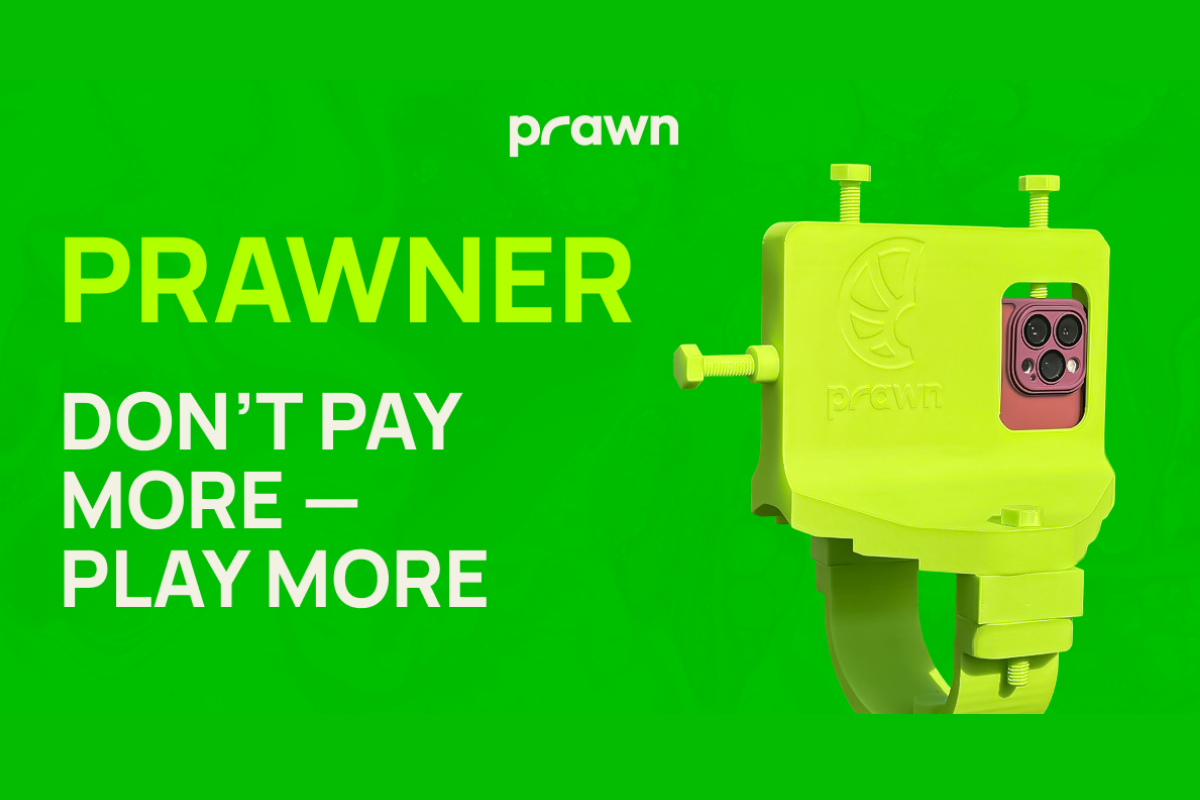
 Central Europe7 days ago
Central Europe7 days agoFootball Stats Startup Challenges Multi-Million Company With Free Publication Of Blueprints
-

 Latest News7 days ago
Latest News7 days agoThe Current State of the German iGaming Market and Its Role in Europe
-
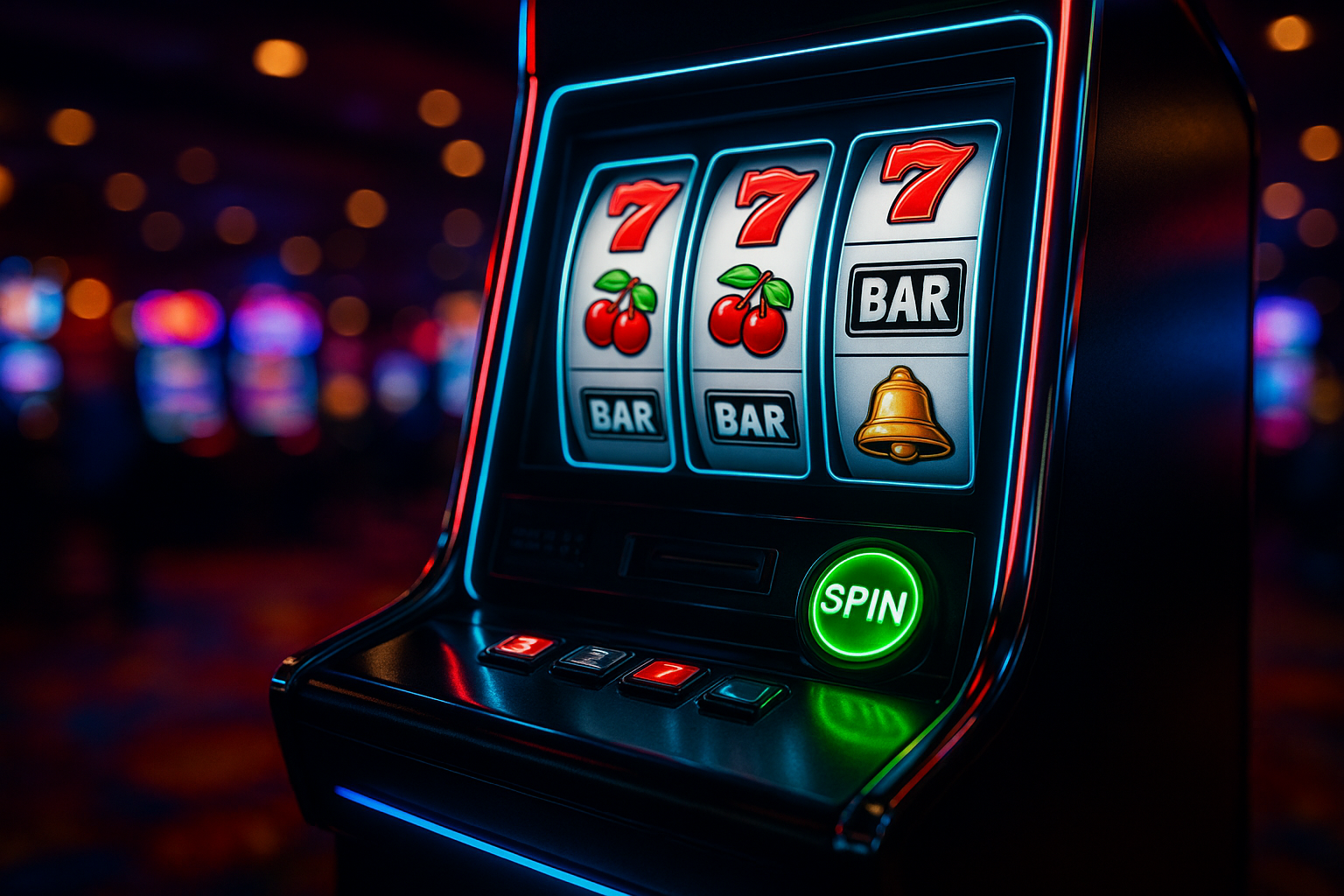
 Latest News7 days ago
Latest News7 days agoOperator-Exclusive Slots: Do Content Bundles Still Deliver ROI?
-

 Africa6 days ago
Africa6 days agoKiron announces the launch of its new virtual football title, Turbo League, with SportPesa in Kenya and Tanzania
-

 Latest News7 days ago
Latest News7 days agoPodium’s Racing Data to Power Dabble’s Social-led Betting Service in the UK
-
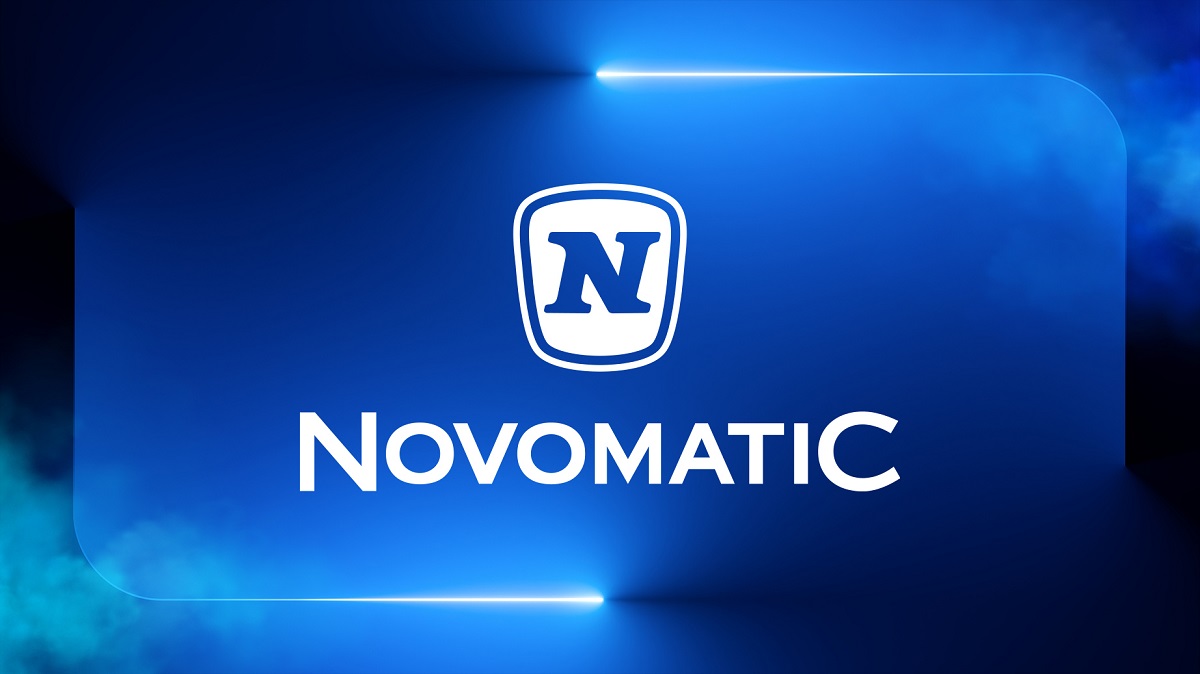
 Aquisitions/Mergers6 days ago
Aquisitions/Mergers6 days agoNOVOMATIC successfully completes sale of ADMIRAL Austria to Tipico and focuses on international growth markets
-

 Compliance Updates6 days ago
Compliance Updates6 days agoSOFTSWISS Releases Gambling Regulation Directory for iGaming Operators









